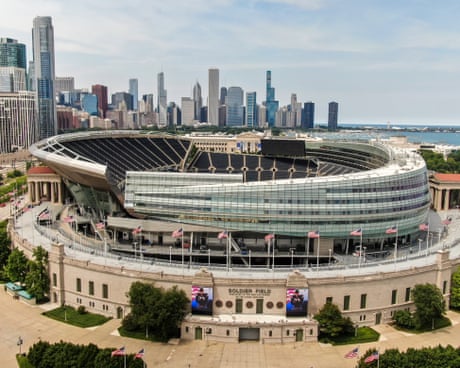
A change is no guarantee of success. But a wider pool of talent could help improve the game for players, fans and even the officials themselves
The modern Premier League, in its self-mythology, is all about flow: the flow of the game (technically sophisticated, “end to end”, heavy on goals and improbable acts of attacking wizardry); the flow of players from country to country and club to club; the flow of managers, who have become the new football economy’s ultimate mercenaries amid a murderous churn of coaching staff hirings and firings; the flow of owners, a multiplying collection of asset strippers, money launderers, nation states grasping at global status and power, and venture capitalists out to make a quick buck; the flow of supporters, as old loyalties have loosened and allegiances have become more transactional, more revisable; and the flow, above all, of money, prodigious amounts of money, without which none of the weekly somersaulting, knee-sliding, corner-flag-slapping extravaganza of the Premier League would be possible.
Continuous movement is the league’s mantra, both on and off the pitch. Footballs, pounds, dollars, people: all of them must be kept in a constant state of motion, ready for action whenever and wherever opportunity arises. Removal of restrictions on the circulation of labor and capital has been a key part of the English top flight’s emergence as a truly international league over the past three decades. The Premier League now stands uncontested as the world’s most powerful advertisement for sporting globalization, and its journey from parochial stronghold of the English game – all mud, tackling, team spirit, and British grit – to central clearing house of the world’s footballing passions can be told in a single statistical pair. On the first weekend of the inaugural Premier League season, in 1992, there were only 13 foreign players among the 22 starting lineups; of the 533 players registered at the start of the 2023-24 season, 360 – more than two-thirds – were from outside the UK.




